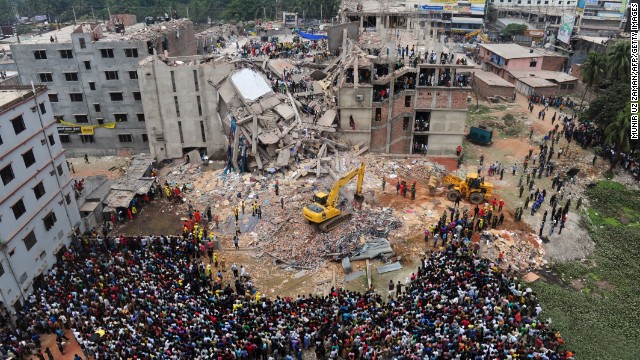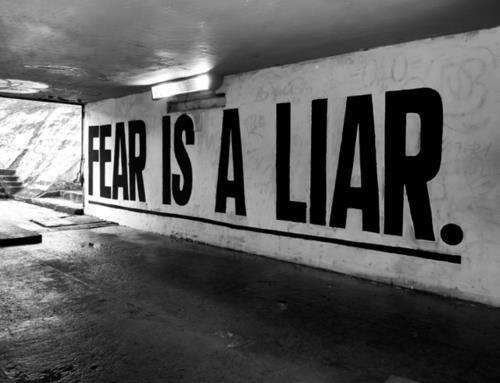“Socrates showed us that thinking the truth is not enough.
Truth demands to be lived”
~ Americ Azevedo
Gut wrenching visuals
flashed around the world,
primal grieving and mind numbing shock,
mass casualties as garment factory building collapses.
Bangladesh where lives are commodities,
geographically removed, a third world away;
still an event unacceptably close enough
to impact bottom lines on distant shores.
The profiteer shifts uncomfortably
in his Italian leather chair
as he scans inconvenient headlines.
Clucks his tongue disapprovingly while
pondering profits and perceptions;
spin control revs up to high gear.
Need to project corporate social responsibility,
when facts get in the way.
In a world of more is better,
greed is great,
where jungle law prevails,
profiteering and global responsibility
are mutually exclusive.
You can’t legislate morality;
you have to have a conscience,
a moral compass
to experience guilt.
And when dowe the potent consumer,
whose only criteria is best price,
take ownership of our complicity
in this human exploitation?
Moral responsibility to safeguard
those who need protection
becomes an imperative to act
when facts get in the way.
Copyright © Henri Ferguson 2013 All rights reserved.
Author Notes
There is increasingly more media coverage on how huge corporations improve their bottom line by outsourcing to third world countries where labor is cheap and environmental and human rights laws are virtually nonexistent. The costs related to the political influence required to facilitate this outsourcing becomes a mere numerical line in their profit/loss statements. These corporations sanitize their actions through layers of “arms length” supply chains and distance themselves from the ugly facts with shrugged shoulders and spin control through their respective PR departments.
For too long the haves in the world of have nots are standing by idly and watching as exploitation and concomitant tragedies unfold in the world of globalization. The sad irony is that the consumers who empower this process, feel helpless (or indifferent) to effect change and yet is the latent instrument of transformation for a more equitable world. There are numerous casualties in terms of loss of life and human exploitation in factories where the working conditions defy everything we take for granted in the western world. How exactly do we rationalize our consumer habits when facts get in the way?





Leave A Comment